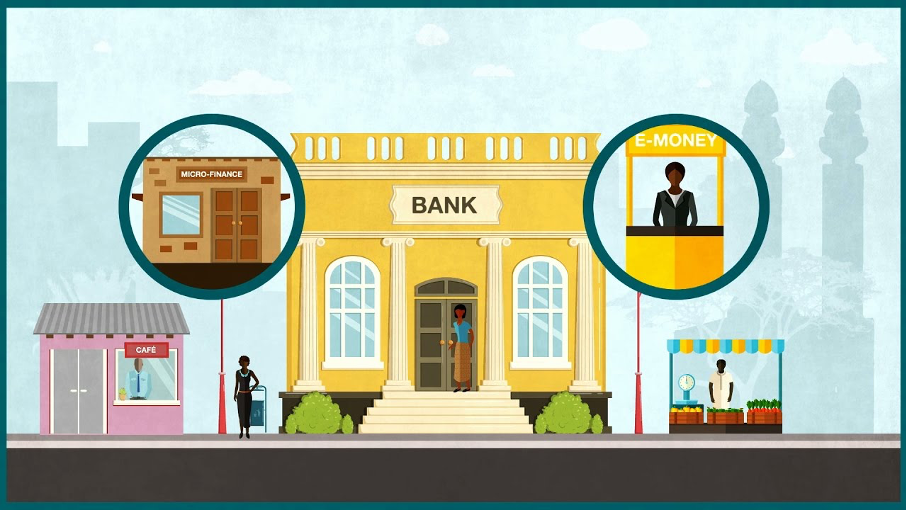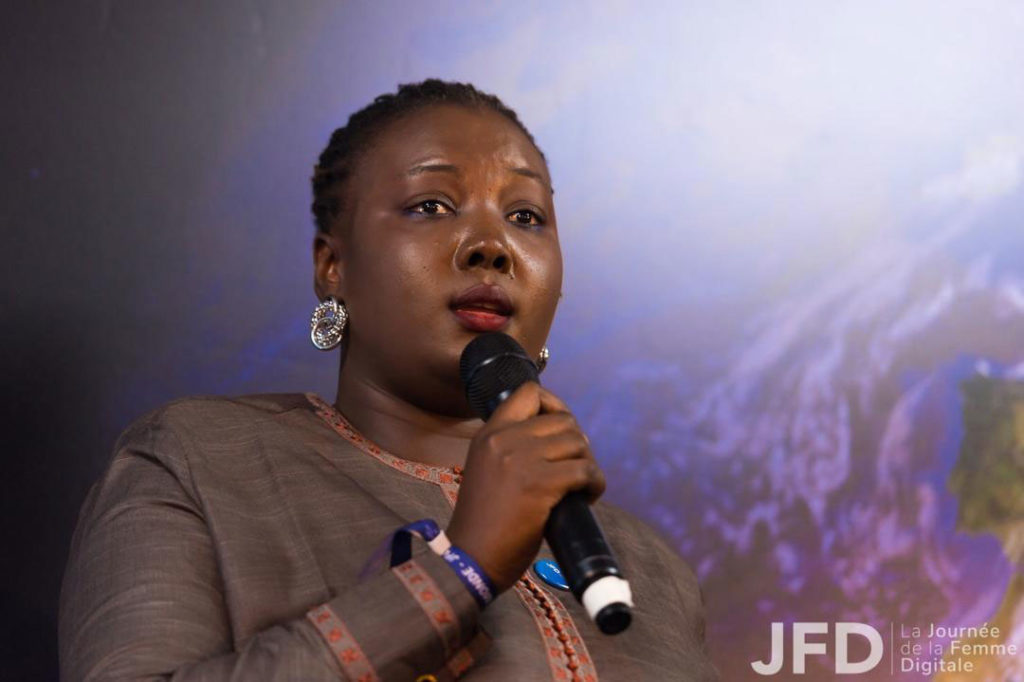Offering unbanked populations an alternative solution to traditional consumer credit
With a banking rate of less than 20%, for 481 counters and 499 ATMs according to WAEMU data, financial inclusiveness remains a challenge in Senegal. The development of micro-finance, mobile banking, social networks and e-commerce provides alternatives to populations marginalized by the traditional circuit and consumer credit mechanisms.

An e-commerce platform that adapts to local needs and realities
E-tontine is a start-up created in 2015 that takes up the traditional concept of tontine. This very common savings method in West Africa consists of monthly contributions, between parents, friends, neighbors, colleagues, or others, to finance an important purchase (a car, a house, a trip, school fees...), without interest. In turn, each one gets back the money contributed. The cycle repeats itself until everyone recovers the amount invested. E-Tontine takes up the same principle, but adapting it to modern times, so that money is no longer handed over in cash but via "mobile money", and by using social networks.
E-Tontine makes it possible to contribute to the purchase of computer equipment, household appliances, crockery and household linen, with payment spread over several months. It is an alternative solution to bank consumer credit, whose too complex terms are not adapted to a whole part of the Senegalese population.
The operation is simple: a subscriber selects a product among those offered on the platform, the payment is made through a mobile money transfer service. Every 10 days, a draw is organized to deliver the product for which one has contributed.

The company is remunerated on the margin recovered on the products sold according to the business model in force in e-commerce.
A savings system that promotes financial inclusion
"Many people in our countries cannot pay cash for a refrigerator, a computer or a gas stove. And yet they need them in their daily lives," says Fatou. "With E-Tontine, the cost of these purchases seems less onerous to them, and they can buy this type of good without getting into debt with their relatives."

And if the crisis resulting from the Covid-19 pandemic and containment slowed down the startup's activities, today it is resuming its services, adapting them to the new needs displayed. "At the beginning of the pandemic, we continued the tontines, in particular by organizing sales of masks, to enable the population to protect itself. Then we had to stop. We didn't want to take any risks, and we didn't want to put our subscribers in danger. We resumed on 1 June, offering new goods, particularly food products, because nowadays, consumers are more focused on basic needs."
Fatou Kiné Diop, Techwoman

Fatou KINÉ DIOP, 35 years old, is a born entrepreneur. A vocation revealed by the hazards of life. The young girl has to interrupt her studies in class 2 high school due to lack of means. She multiplies small jobs before developing her entrepreneurial project, which will be inspired by her mother, a follower of the tontine. She started in 2015, with only FCFA 20,000 francs. Fatou is the winner of the Linguére digital challenge prize from Sonatel (2019).
Figures
The e-tontine model was rapidly popular from its launch in the suburbs of Dakar, before spreading to the national territory and the sub-region. The 2018 results: - a turnover of 50 million FCFA (nearly 77,000 euros) - 2500 members in Senegal, Mali and Mauritania - 3,000 members, with a strong majority of women.





